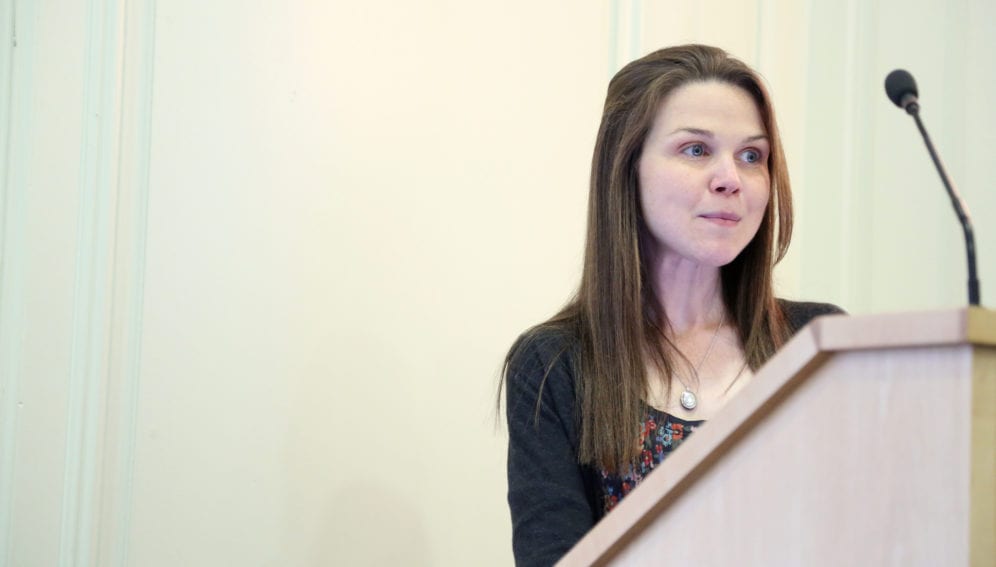Send to a friend
The details you provide on this page will not be used to send unsolicited email, and will not be sold to a 3rd party. See privacy policy.
A new science communication degree in Germany with up to 50 tuition-fee-free places for foreign students is an opportunity for developing country students to access “cutting-edge” tertiary education, according to the course’s organiser.
From this September, the English-language science communication course at Rhine-Waal University of Applied Sciences will provide students with the skills needed to work for a wide range of organisations, says Alex Gerber, one of the professors leading the programme’s development. These include government agencies, universities, publishing houses, NGOs and marketing agencies, he says.
Reflecting a broader “crisis” in traditional media industries and diminishing career prospects in science journalism, the curriculum focuses on teaching hard science and communication theory rather than journalism-related skills such as storytelling, explains Gerber.
“This is the knowledge age. Science has taken the place in development discourse that was once defined by social and economic agendas.”
Gervais Mbarga, Moncton University
“We are catering to a wide diversity of career prospects. This is what I regard as the most realistic way to train students for the next 30 years of working in the field,” he says.
The free places for international students — part of the university’s broader mandate to create a diverse student body — could also help open up a field that has been criticised for being Eurocentric to applicants from developing countries, adds Gerber.
With a growing need for science communication in many developing countries, the course is an opportunity for aspiring science communicators, according to Joy Owango, who established the Kenya-based Training Centre in Communication to promote science communication.
NGOs are increasingly seeking professionals who can translate scientific research into information the public can readily understand, says Owango.
“There is finally a broader recognition that who knows about your work is more important than writing a certain number of technical reports,” she says, adding that aid funders such as the United Kingdom’s Department for International Development increasingly require part of their research funding to be allocated to science communication.
There are few jobs in science journalism in many African countries, according to Gervais Mbarga, a science communication professor at Moncton University, Canada, whose 2012 review of a World Federation of Science Journalists project to mentor science journalists in Africa found that most soon went on to work in other fields.
But science communication opportunities are growing, says Mbarga, which he attributes to the central role science now plays in development agendas.
“This is the knowledge age,” he says. “Science has taken the place in development discourse that was once defined by social and economic agendas.”
Yet Mbarga questions whether a European course can cater to the needs of science stakeholders elsewhere.
“The challenges for science communication in Europe aren’t the same as they are in developing countries,” he says, adding that in his native Cameroon, public interest is focused on science that could solve development issues.
But Gerber says students will gain a critical perspective on science.
“We are looking at the hidden agendas and vested interests of all the stakeholders involved, not only because they are potential employers, but also because responsibility and transparency are the most relevant currencies in today’s science communication.”
Course applications can be submitted until 15 July.
SciDev.Net provides several practical guides to communicating science, including how to explain uncertainty to policymakers and how to communicate in an interdisciplinary team.














